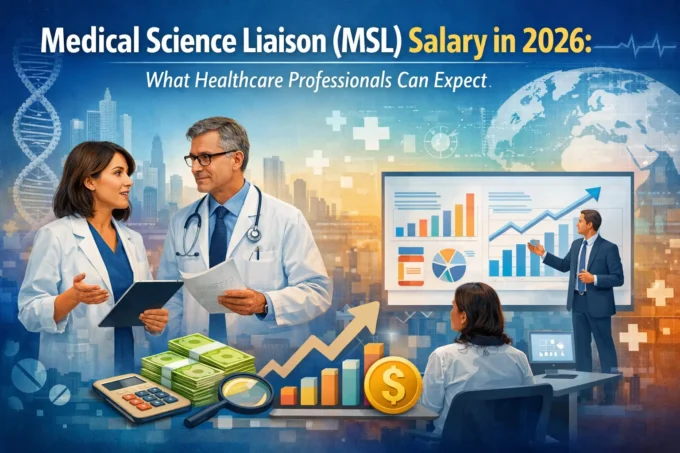Suffering a work-related injury or illness can raise important questions about income replacement and financial support during recovery. In California, two common benefits programs—State Disability Insurance (SDI) and Workers Compensation —are designed to help injured workers, but they operate under different rules.
Many people wonder whether or not you can receive California State Disability and Workers’ Comp. This chance of having a claim for both sets of benefits offers hope and also causes confusion for any such sufferer.
The case presents difficulties because people who take risks must depend on their chosen path for their future security. The term ‘dual benefits’ describes the situation that occurs when SDI and Workers Compensation provide combined benefits to their customers.
So is it really possible to receive these benefits together? Here’s what you need to know!
Understanding California’s SDI & Workers Compensation
If an injury or illness happens while you’re working and you meet the criteria for both programs, you can receive benefits from both at the same time.
The State Disability Insurance (SDI) program belongs to the Employment Development Department (EDD) and gives short-term disability benefits for up to 52 weeks to individuals who, having stopped work, are suffering from non-work-related illnesses or injuries.
Under the Division of Workers Compensation (DWC), Workers Compensation provides financial support to employees who sustain workplace injuries or develop work-related illnesses through coverage for their medical expenses and lost earnings and their recovery process.
When both programs operate simultaneously and provide advantages, the idea called ‘dual benefit’ comes into play. This allows individuals to obtain benefits from both SDI and Workers Compensation, serving as extra support or financial help for time off caused by non-work illnesses or injuries, as well as covering expenses related to work injuries.
The two programs provide financial help to people who meet their particular criteria because the two programs establish different standards for determining which injuries count as eligible conditions and which medical expenses their beneficiaries will receive coverage. The system allows individuals to obtain benefits from both organizations when they sustain work-related injuries together with non-work disabilities.
Consulting with EDD and DWC is advisable to clarify their particular requirements and any additional standards.
Exploring the Interaction Between Disability and Workers Compensation
To understand the interaction of disability and workers compensation, one has to look into the rules and guidelines. The following brief list describes how disability and workers compensation issues intersect with these specific matters, which you should investigate.
- Eligibility: With different eligibility criteria applying, the claim types vary. State Disability Insurance (SDI) is for non-work-related issues, while workers compensation provides coverage for job-related injuries or illnesses.
- Legal Maximums: Both SDI and Workers’ Compensation programs specify the maximum amount of benefits that can be paid. Benefits from either program may not exceed the limits imposed by their respective programs. The restrictions have been placed to ensure fairness and prevent an individual from being overcompensated.
- Types of Disabilities: To be eligible for a program, eligibility will depend on whether the disability was work-related or not.
- Benefit Structures: The SI program operates according to the partial wage replacement principle, while the workers’ compensation could cover medical and lost wage benefits.
- Coordination Rules: Cooperation between disability insurance and workers compensation can be quite convoluted due to overlapping benefits. It is important to be aware of the coordination rules in place. These rules are put in place to make sure one is paid the correct benefits without exceeding the legal maximum.
This issue is more complicated than one might think. Lawyers or specialists can be trustworthy guides. They inform the public about their rights and options when dealing with these two programs.
Potential Implications for Claimants
Claimants need to prepare for different results, which will happen when they use disability benefits together with Workers Compensation. One consequence is that the concurrent benefits could be made to reduce the payments of disability.
When the State Disability Program and workers compensation benefits interact within the boundaries of California, the disability benefits get offset, making for a generally lesser amount of compensation.
Another consequence is the agreement that the claimant receives disability benefits at a later date. Under the two programs, it might be necessary to furnish additional forms and make it more time-consuming to receive the much-needed financial support.
Handling these two systems is hard. It adds stress to people already dealing with a lot. They have to follow many rules and regulations.
Seeking Clarity on Simultaneous Benefits
People often wonder if they can collect California State Disability benefits alongside Workers Compensation benefits at the same time. The answer is yes, but it is with a proviso. If it is deemed the nature of your injury calls for it, depending upon how long you are incapable and the details of the case.
Though both might come simultaneously, if their total sums exceed the highest benefits permitted, you are obliged to give one or the other.
The best way to handle this case and achieve maximum benefits from it requires expert guidance. Your understanding of benefits you can receive will improve when you consult with either a lawyer or a licensed counselor who will explain all available options to you.
Receiving both California State Disability and workers Compensation at the same time is possible, though it depends on particular conditions being met.











Leave a comment